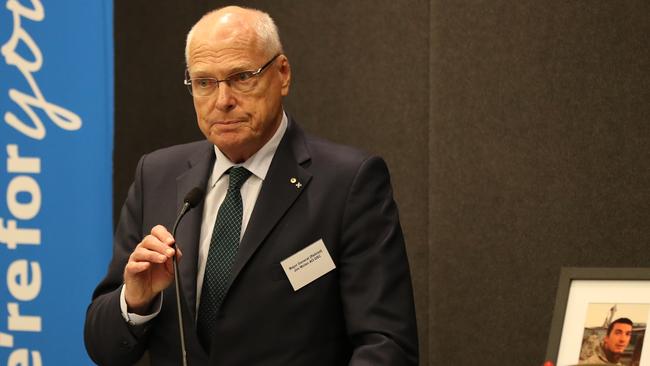
The contrast is monumental and the coming struggle is irresistible. This pandemic has seen the greatest recruitment of state power since the war to salvage economies in the form of huge spending, wage subsidies, expanded social welfare, controls on human contact, support for companies and emergency liquidity — yet governments, including the Morrison government, want recovery based on business, seeking a pro-market, competitive, anti-protectionist restoration of the liberal economic order.
Not surprisingly, it won’t be that easy. Everybody agrees there is no simple retreat to the pre-virus economy. But economic liberals and interventionist conservatives see the future in vastly different ways. Critically, this conflict is about both means and ends.
The liberals want an economy even better geared to pro-market, pro-productivity reforms to generate growth, with Josh Frydenberg saying the “values and principles” that guided Coalition reforms in the past “must guide us again in the future”. The values he lists are personal responsibility, rewarding effort, “unleashing the power of dynamic, innovative and open markets”, private enterprise spearheading job creation, rejection of higher taxes, reducing business costs and being “vigilant” against rising “protectionist sentiment”.
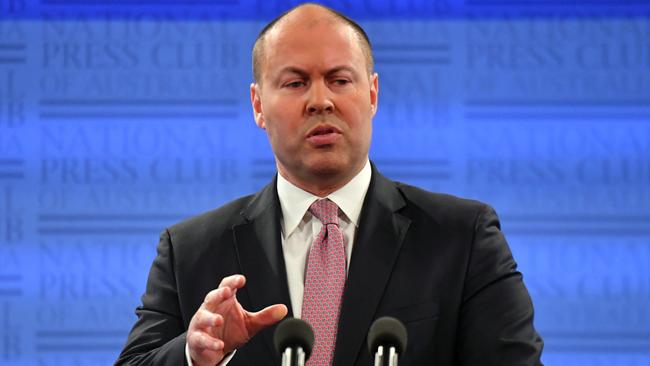
The best statement of the alternative view — and have no doubt it is an alternative — comes from NSW Liberal senator Jim Molan, an icon of the party’s conservative wing, in a recent article: “The market has never, and will never, deliver Australian security. The market monumentally failed to deliver security in Australia over the last few decades. There are limitations in viewing the world solely through an economic lens. COVID-19 has heralded the end of a particular phase of globalisation and the question becomes how Australia should recalibrate its policy settings to secure its sovereignty in the new circumstances.
“We are now acutely aware of the vulnerabilities associated with untrussed globalised supply chains and ‘just-in-time’ logistics. In the event of a future crisis bigger than COVID-19 we need to ensure that Australia can take care of its own needs in vital areas including food, medicine, energy, IT, fuels, industry, transportation and defence … self-reliance improves resilience which improves sovereignty.”
This is a call for transformed governance and revised national goals based upon increased security threats at every point. Many Liberal conservatives are talking along these lines. No commitment here to Frydenberg’s vision of enduring Liberal principles igniting a growth recovery — without which the Morrison government’s re-election hopes are dismal.
This is a fundamental conflict about the meaning of today’s crisis and how it should be interpreted by the Liberal Party in the national interest. Andrew Hastie, chair of the parliamentary committee on intelligence and security, has long argued Australia must push back against China, reclaim its sovereignty, toughen its resilience, reduce its economic dependence on Beijing, strengthen its traditional defences and rethink foreign investment policy to deny China’s ownership of critical assets — an agenda that runs towards a whole-of-government outlook.
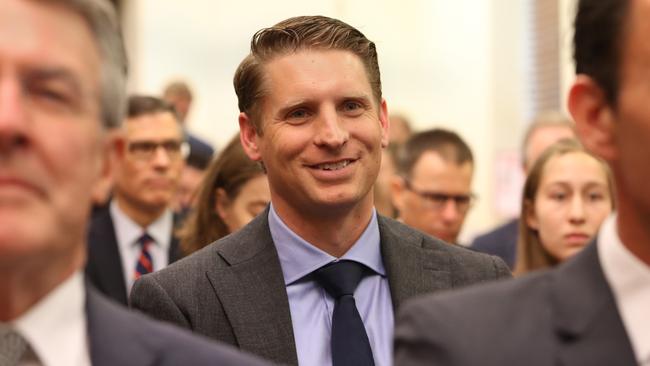
Two cultural take-outs from the pandemic will shape democratic governance everywhere. The first is the elevation of community co-operation and public institutions over individual liberty and autonomy. The age of individual narcissism and self-expression will be in retreat. The age of social co-operation and effective public institutions will be resurrected. COVID-19 bequeaths a deeper sense of our vulnerability.
The new emphasis will fall on community interdependence and mutual support in family, workplace and industry, along with the need to resurrect a virtuous civic culture, well-run and well-funded healthcare institutions and a business culture that prioritises respect for employees. In this redefinition of what constitutes a good society classical liberals will be marginalised unless they transform.
The second takeout is the rising tide for sovereignty, self-reliance and resilience. Morrison knows this and has declared the essential lesson from the crisis is sovereignty — but that notion has multiple policy meanings.
Rana Foroohar from the Financial Times says: “If the past 40 years were about efficiency, the next 40 will be about resilience. The signs are everywhere. Witness calls from progressives such as Elizabeth Warren and Alexandria Ocasio-Cortez to put a halt to mergers in the middle of a pandemic or Republican senator Marco Rubio’s prescription for ‘creating a more resilient economy’. There’s little daylight between the Rubio and Warren view of industrial policy which means these shifts are likely to come no matter who’s in charge after the November (American) election.”
In his New York Times article Rubio denounced past decades when America “made the conscious choice to facilitate offshoring to China”, the consequence being the 2016 campaign when people “felt helpless as they watched jobs disappear and their communities crumble because businesses and lawmakers prioritised maximised short-term gains over the long-term security of America, its communities and its peoples”.
Rubio’s point is that COVID-19 has humiliated America because China has monopolised the “critical supply chains”, leaving the nation scrambling for essential medical supplies. His message: our society must change because the “short-term hyper-individualistic ethos” based on a services economy that doesn’t produce enough physical goods has led to a crisis where people cannot leave home, cannot shake hands and cannot enter a place of worship. Rubio will move for a “sweeping pro-American industrial policy” off the back of strong public support.
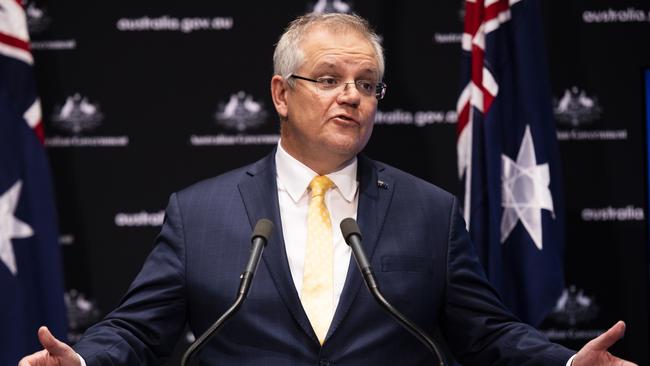
What does Scott Morrison say? He talks repeatedly about resilience, raising the question: how does this translate into policy? Many observers believe there will be no return to pro-market liberal economics. Commentator and Financial Times editorial board chief Philip Stephens wrote: “The return of government to centrestage marks the close of an era in which power and responsibility migrated from states to markets. To watch governments throw trillions of dollars into the fight to prevent economic collapse is to appreciate just how absurd was the preoccupation of recent decades with balanced budgets, public deficits and debt-to-GDP ratios.”
There is intellectual turmoil and vibrancy throughout the centre-right in America and Britain about the precise path forward. Boris Johnson and Donald Trump won elections as friends of the working class, spending big, championing government intervention, kicking Adam Smith into history’s dustbin, at least for a few decades.
The Economist notes that US conservative intellectuals such as Yuval Levin and Oren Cass reject market fundamentalism for a more flexible, constructive government interventionism. The thesis of Levin’s latest book, A Time to Build, is that liberalism has been blind to the massive social crises engulfing America. Cass wants an end to the “economic piety” under which markets have failed to address the actual needs of US workers.
A book, After COVID-19, in effect a blueprint for Australian resilience, has been released by the Australian Strategic Policy Institute under the leadership of its director, Peter Jennings. It says the pandemic is “a once-in-a-lifetime opportunity” to transform economic and strategic policy, argues for an expanded national security state as a central organising principle and challenges liberal economics across the board. This is a frontal assault on much of the economic establishment.
Morrison takes a broad view of sovereignty. He thinks it can encompass both a competitive private sector and security self-reliance where needed. He will probably seek a synthesis between these rival conceptions. Consider the irony — liberal economics and the national security state have been the two singular glories and winning issues for the Liberal Party for decades. The question now is: are they in conflict with each other?


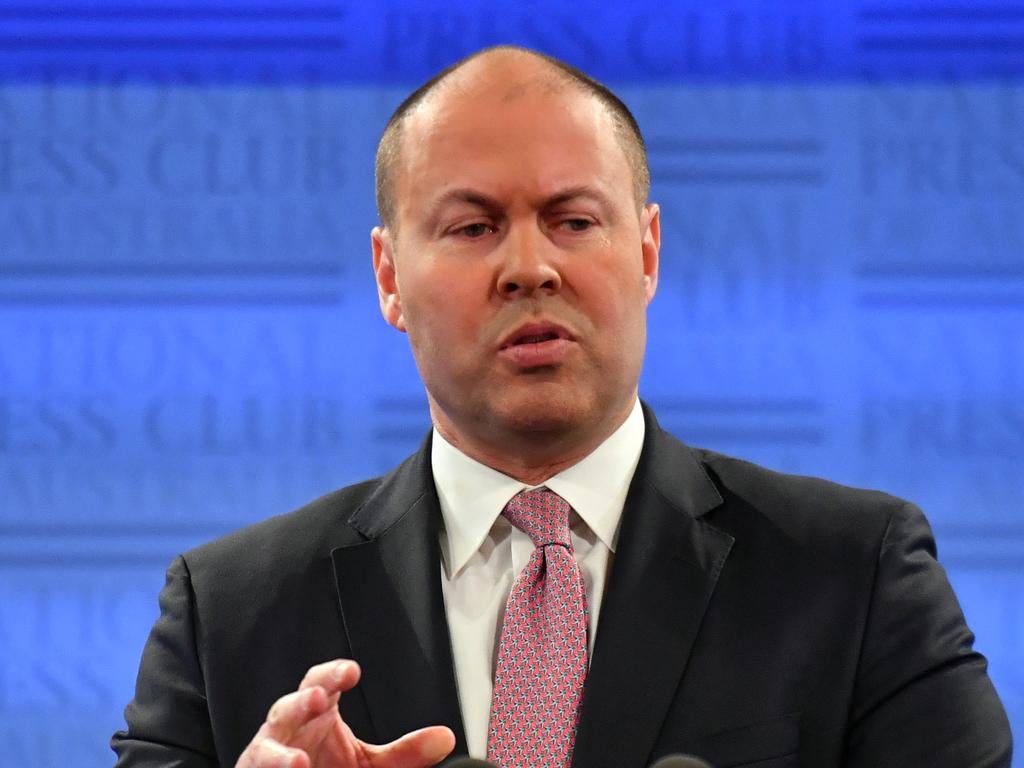
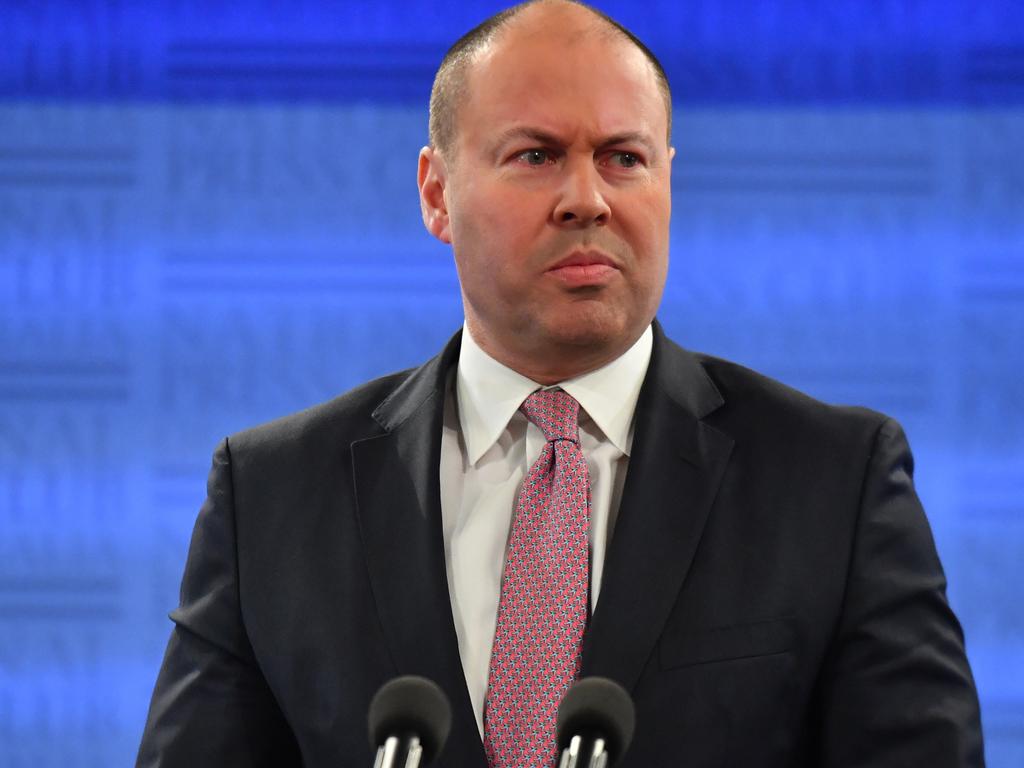
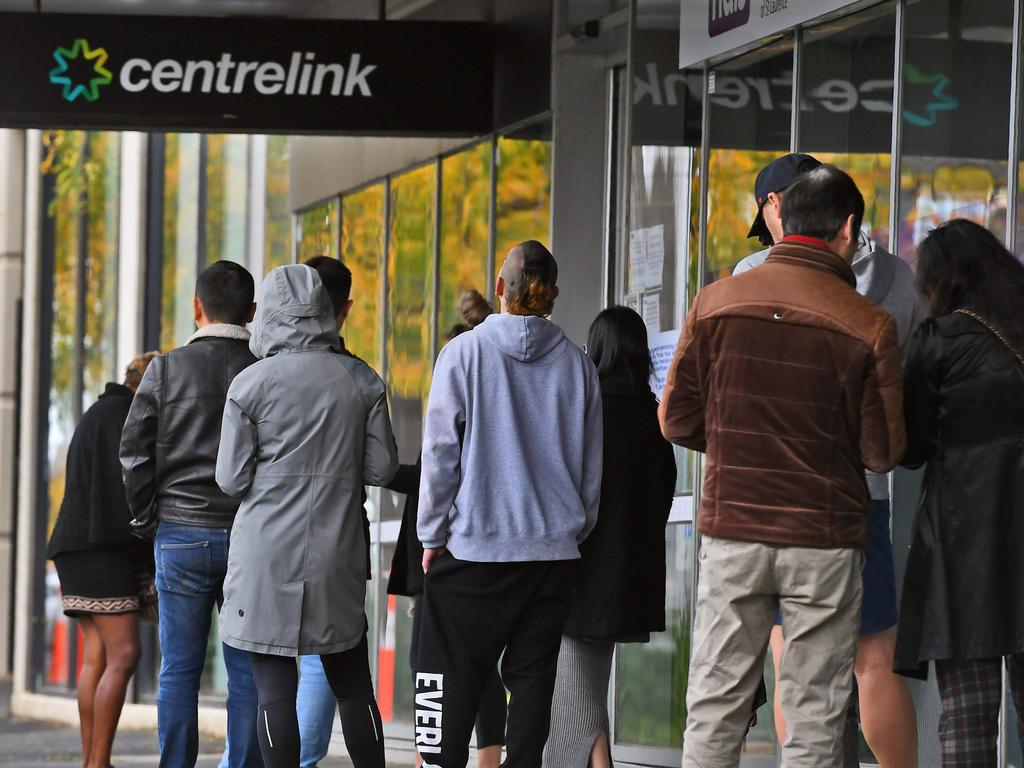
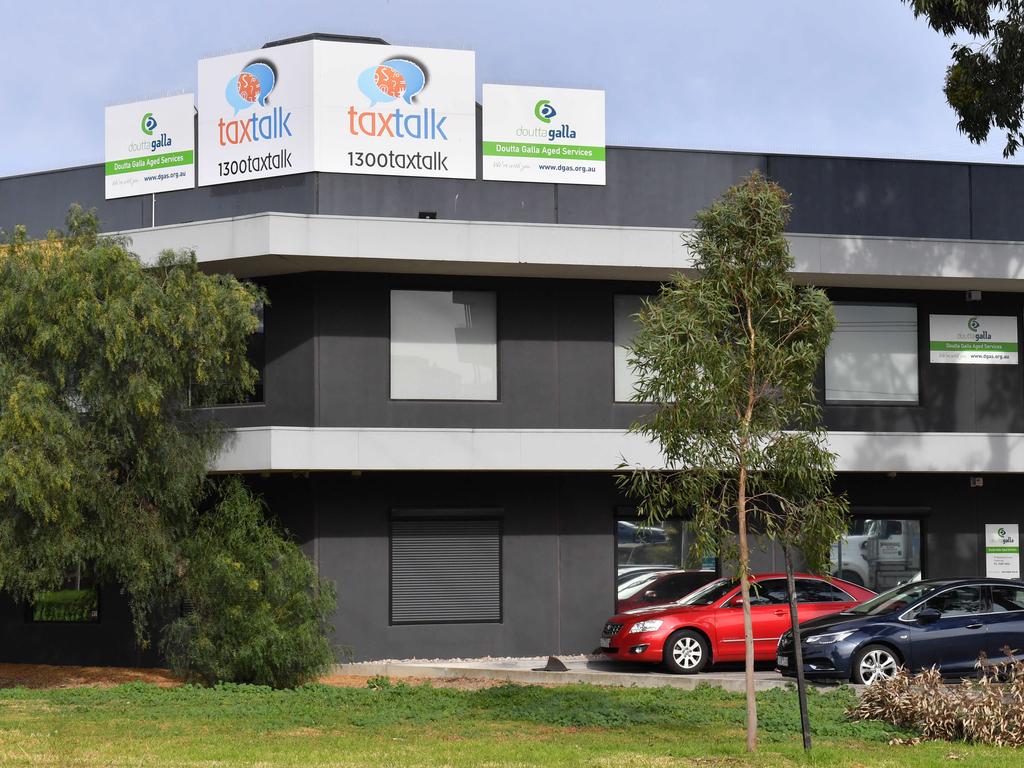


Around the world and in Australia economic recovery from the COVID-19 attack is generating an ideological conflict in right-wing politics between two schools — pro-market economic liberals and pro-government interventionist conservatives keen to use state power.